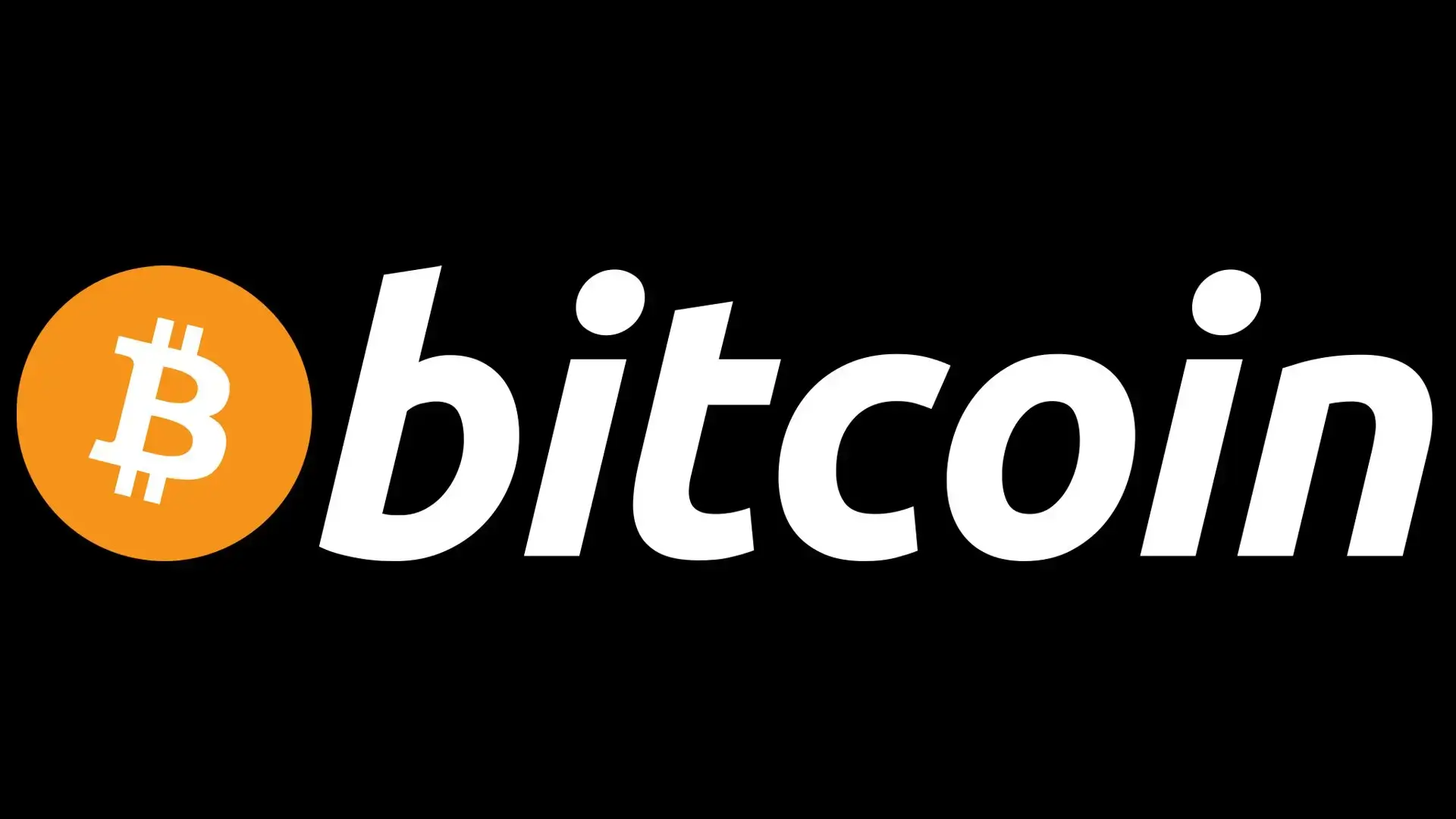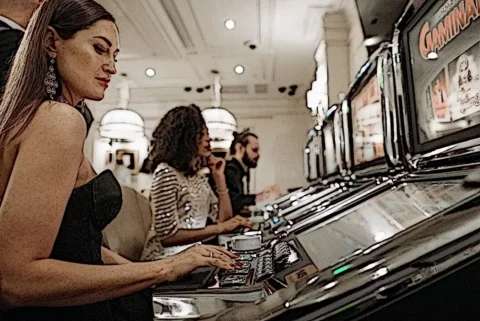Exchange controls can be a real headache for some people. It is an arcane method to control money flowing out of the country. Governments employ this mechanism to keep the local currency stable. The biggest problem with FOREX controls is that it severely restricts business. This is a result of the bureaucratic and laborious process it involves.
What is foreign exchange control?
Simply put, the government manages the amount of Rand being sold on international markets.
- Exchange control can take many forms, but its immediate aim is to restrict the buying and selling of a national currency or to preserve foreign currency reserves.
- Controls might include a ban on the conversion of the proceeds of certain assets or by certain categories of persons. It can be an obligation to surrender foreign exchange proceeds to the bank, authorisation requirements, quantitative limits or indirect methods.
- The SARB most commonly impose exchange controls because of concerns about outward flows. However, they can also impose controls to restrict inward flows, e.g. an influx of funds risks damaging an economy.
The SARB enforces exchange control policies to prevent the loss of foreign currency resources. This can occur through the transfer abroad of real or financial capital assets held in SA. Moreover, it constitutes an effective system of control over the cross-border movement of financial and real assets. It simultaneously attempts to avoid interfering with the efficient operation of the commercial, industrial and financial system.
What are the exchange control restrictions?
Ok, I know I am restricted, but how much Bitcoin can I buy abroad and sell in South Africa?
Single discretionary allowance (R1m)
South African residents (18+), may avail themselves of a total of one million Rand per calendar year. Whilst this was originally intended for travel and leisure use of the rules have since been relaxed. You may use the single discretionary allowance for any legal purpose abroad (including for investment purposes).
This is a single amount of R1m that may be “exported” from South Africa. This is not the amount of “profit” you can make. So if you buy R1m worth of bitcoin in January from an exchange abroad, you will have to wait for 12months before you can buy again. You need to note that this is a calendar year. That means you can send R1m in December and then another R1m in January.
You may use the exchange control dispensation solely at your discretion. The authorised dealer does not require you to produce documentary evidence. The exception is travel purposes outside the Common Monetary Area. In such cases, you have to produce a passenger ticket. The resident individual must produce a valid green bar-coded South African Identity Document or Smart ID card. This is for identification purposes and the identity number is mandatory in terms of the reporting system.
Individual offshore investment allowance (R10m)
A tax-payer in good standing, over the age of 18, can invest up to R10 million in his/her name. This excludes investment inside the Common Monetary Area (CMA-Lesotho, Swaziland and Namibia), per calendar year. You have to obtain a tax clearance certificate (in respect of foreign investments). You may not reinvest these funds into the CMA countries. In doing so creating a loop structure. Consequently, it may also NOT be re-introduced as a loan to a CMA resident.
So that’s R11m you can transfer abroad as long as your Tax affairs are in order. But what if you want to transfer R100m or a R1billion?
Under current exchange control rules, this is possible! Your bank must submit an application to the Financial Surveillance Department of the South African Reserve Bank for approval. A Tax Clearance Certificate, in the prescribed format, must always accompany the aforementioned application.
You must understand that you are effectively importing. You will need to structure this as a business to be fully compliant.
How much can a South African company invest offshore under FOREX control legislation?
South African companies (excluding Trusts and Close Corporations) can make bona fide new outward foreign direct investments into companies outside the Common Monetary Area, up to R1 billion per company per calendar year. Most people will find this is more than enough. Big Corporations, however, move billions of Rand every year!
What if I want to invest more than R1 billion offshore?
The company’s bank will submit an application to the Financial Surveillance Department of the South African Reserve Bank, for approval. You have to obtain at least 10% of the foreign target entity’s voting rights to qualify. (If you have R1b to invest, then you shouldn’t be looking for answers on the internet … just saying)
VERY IMPORTANT! If you intend on trading bitcoin professionally, you should find a qualified, experienced and regulated financial advisor, preferably with an understanding of Bitcoin. (and make sure you pay them for their services – no good advice can come from braai chats :-). That would be the safest way for you to structure your business, make money and comply with forex control regulations
Further reading of note:
Exchange Control Regulations, 1961







